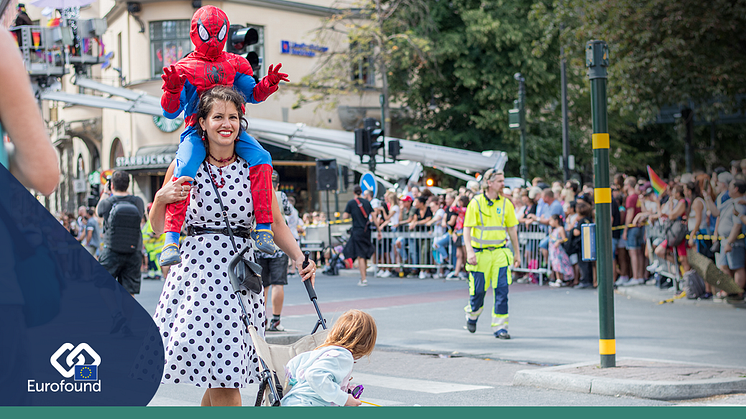Trust in Slovakian national government on a par with EU average during COVID-19 crisis
Trust in Slovakian national government on a par with EU average during COVID-19 crisis.

Trust in Slovakian national government on a par with EU average during COVID-19 crisis.

Eurofound's analysis of the 2016 European Quality of Life Survey shows that in many countries decline in trust in institutions was a temporary phenomenon during the recession that followed the 2008 financial crisis.
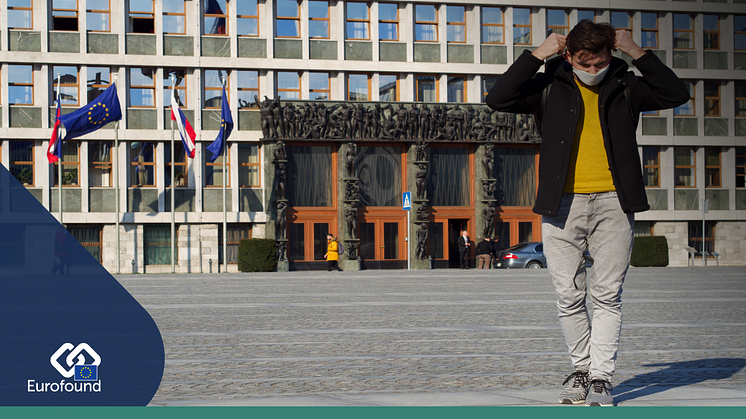
People aged 25-34 are most likely to be in arrears in the EU, according to Eurofound’s new report on Addressing household over-indebtedness. Among this age group, 21% of people surveyed in the 2016 European Quality of Life Survey reported being in some form of arrears.
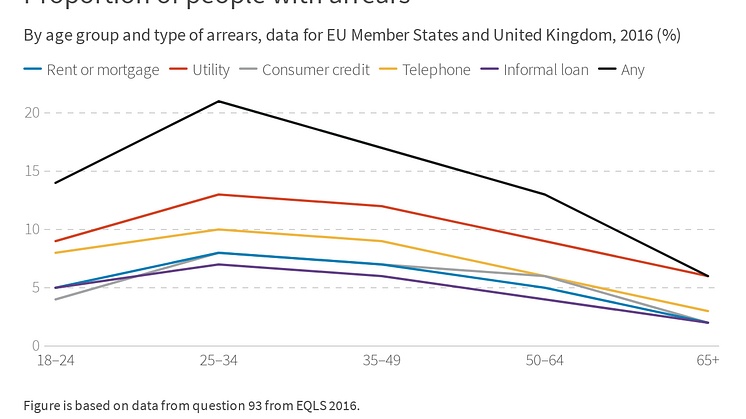
The coronavirus (COVID-19) crisis, and the economic and social challenges that it entails, comes at a time when many vulnerable groups in Europe were already exposed to debt and arrears, according to Eurofound’s new research on household indebtedness.
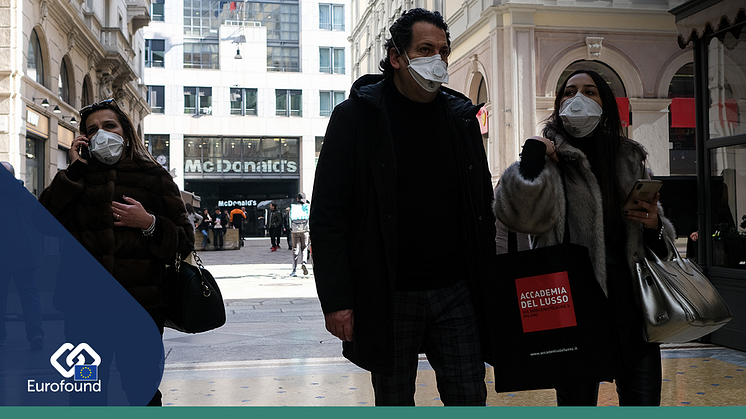
The new von der Leyen Commission took office on 1 December 2019. Having adopted its first work programme on 29 January 2020, the Commission sets out its plans for a transition to a fair, climate-neutral and digital Europe. It outlines six top priorities. Eurofound’s work directly feeds into a number of these key areas aimed at creating a strong social Europe.
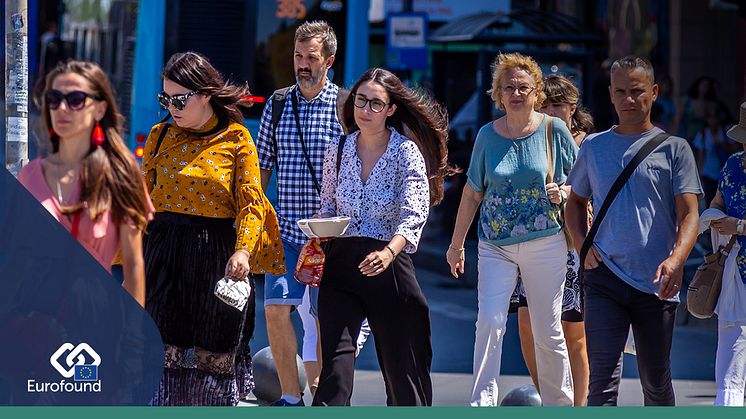
Cohabitation – couples living together without being married – is on the rise in Europe. Eurofound’s calculations of EU data shows that France (13%), Sweden (13%) and Finland (12%) recorded the highest co-habitation rates in the EU in 2017.
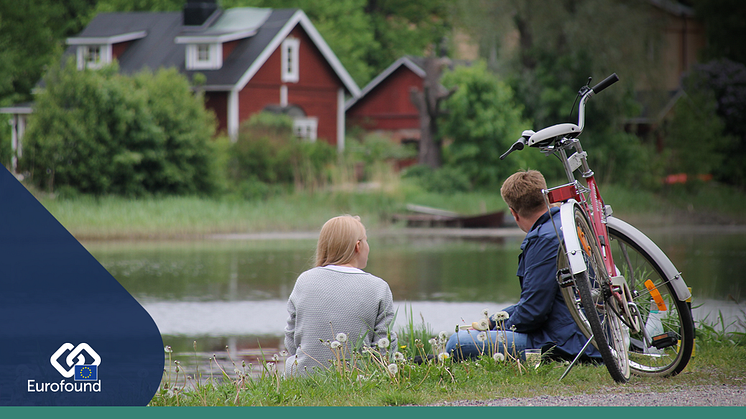
Estonia reports substantial increases to life satisfaction and happiness levels over the last fifteen years and optimism for the future is high with 69% feeling optimistic for their children’s or grandchildren’s future - above the EU average of 57%. Coupled with this, the perceived quality of public services has improved with childcare and public transport seeing the greatest increases.

A new analysis of EU-level data by Eurofound shows that one in three households in the EU is now single occupancy. Germany now has the largest proportion of the population living in single-person households, and large increases in the share of the population living alone have been reported in Lithuania and Bulgaria.
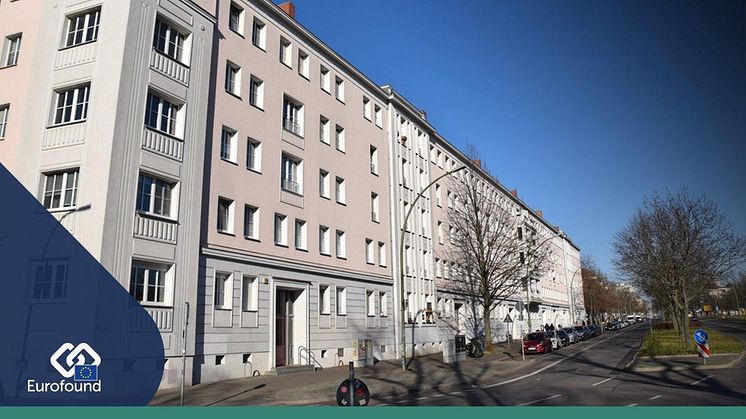
Lithuania has experienced significant improvements to the perceived quality of public services and overall living standards in recent years. However, despite overall increases to quality of living standards, income inequality has been increasing since the financial crisis, making Lithuania’s income distribution the second most unequal in the EU.
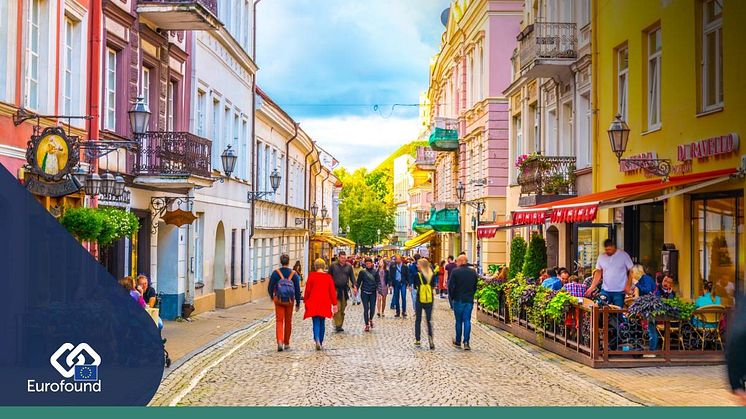
People living in Budapest, Paris and Amsterdam report among the longest commuting times in the EU, according to Eurofound's new analysis of the 2016 European Quality of Life Survey.

Dublin and London have a higher proportion of people that report low resilience, which is an expressed difficulty to cope with important life problems, than both the national averages and the EU average. This goes against the general trend that people living in capital cities have a higher level of resilience than other urban or rural areas.

People living in the capital cities in Europe generally have a better quality of life and report higher life satisfaction than those living in other parts of the country. Capital cities also have a larger proportion of people who report feeling being able to cope during times of hardship than other urban centres and rural regions.
